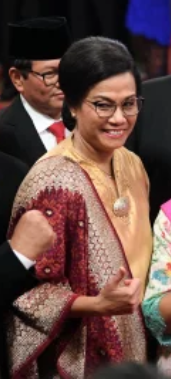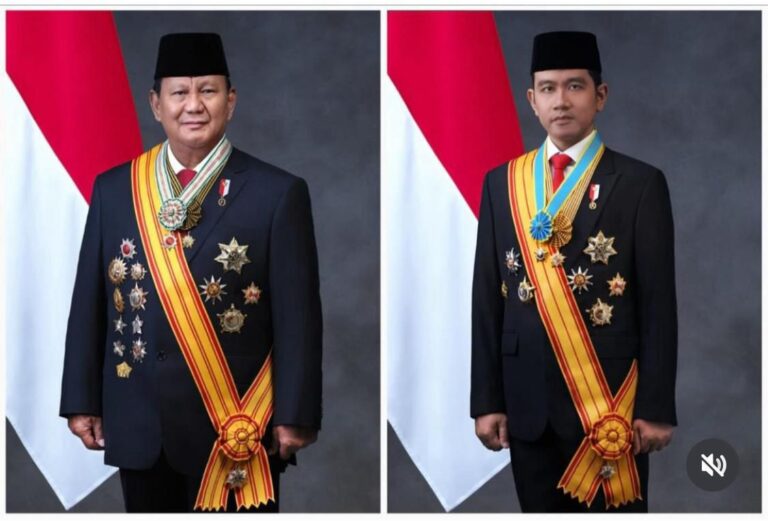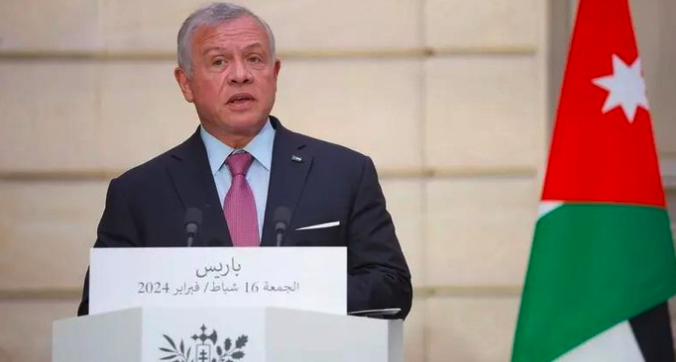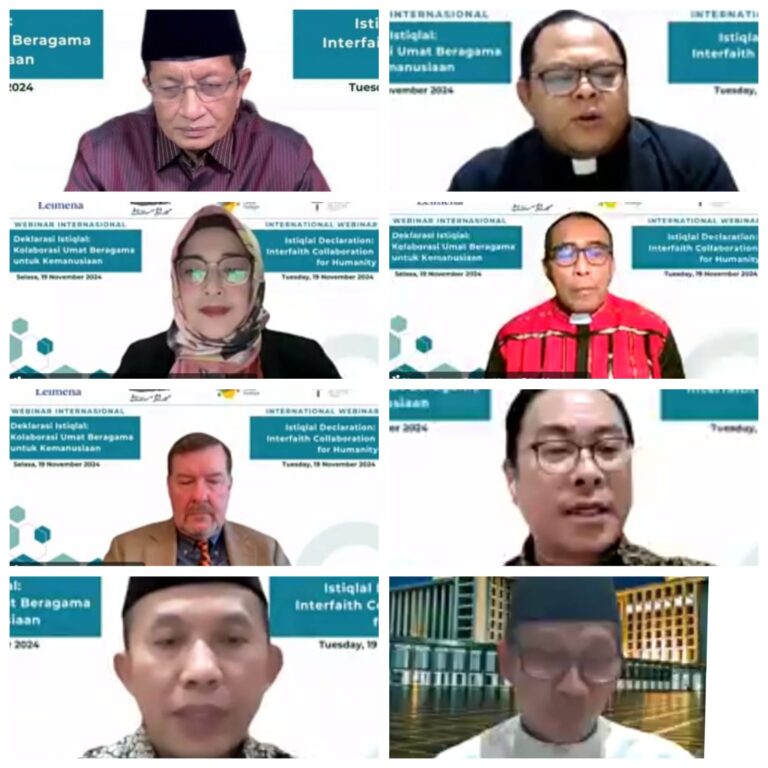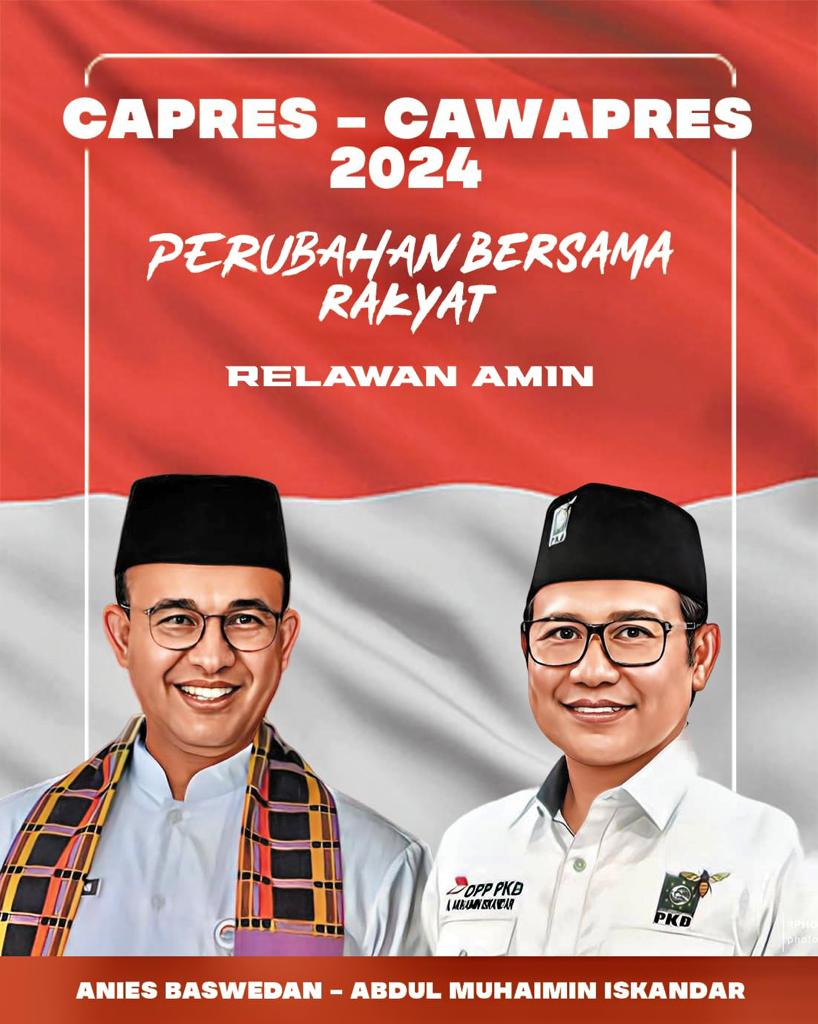
Anies-Muhaimin
STRATEGIC ASSESSMENT. Presumptive presidential candidate Prabowo Subianto has renamed his augmented electoral alliance after President Joko “Jokowi” Widodo’s cabinet and has asserted it represents “team Jokowi”, as he seeks to portray himself as the popular president’s rightful successor.
“I wholeheartedly want to continue the struggle [of Jokowi], and along with our team, we had a discussion with party leaders, even if only briefly. We agreed. We named it the Onward Indonesia Coalition,” Prabowo said.

With relatives of sitting lawmakers, political leaders and regional heads, along with at least three dozen former graft convicts, vying for seats in national and local legislatures next year, observers are concerned that Indonesia’s democracy is shifting toward political dynasties and a disregard for antigraft values.
According to a report from Tempo done in collaboration with antigraft activist group Indonesia Corruption Watch (ICW), at least 150 politicians on the General Elections Commission’s (KPU) provisional list of nominees have a kinship with current House members, incumbent or former regional heads as well as political party leaders.

Indonesia’s upcoming presidential election will be a close contest between two popular candidates, the country’s defence minister and a governor of one of its most populous provinces, an opinion survey. Defence Minister Prabowo Subianto and Central Java Governor Ganjar Pranowo have dominated opinion polls in the run up to the Feb. 14, 2024 election, while former Jakarta Governor Anies Baswedan trails in third place. The candidates are expected to formally register between October and November.
Indonesian presidential hopeful Anies Baswedan has declared his intention to adopt a “values-based” foreign policy for the country if he wins the upcoming election, even as he criticises the current one under President Joko Widodo as being “transactional”.
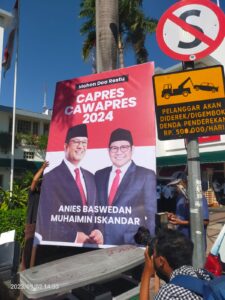
Speaking recently to a group of foreign correspondents, the former Jakarta governor described a values-based foreign policy as one in which a country makes clear its stance and upholds it, compared to a transactional policy where concerns in other areas such as investment and trade may take priority.
According to Vedi Hadiz, Professor of Asian Studies and Director of the Asia Institute, University of Melbourne, from time to time, the question has been put to me about how a “centre-left” in Indonesia might fare against the “centre-right” or “right” for power and influence within the country’s often lauded, but also flawed, democracy. While labels like “left” and “right” can be problematic when not contextualised, there is a more essential problem at hand: there is actually no viable and coherently organised centre-left – much less outright left – forces in Indonesia today.
Such an observation is relevant to understand some of the dynamics of the Indonesian presidential and legislative elections scheduled to take place early next year. If we accept the generalisation that issues having to do with social equality and justice have tended to be the purview of those having leftist political inclinations, then no major political party can be expected to carry the banner of anything resembling a political left.
The National Democratic (NasDem) Party and the National Awakening Party (PKB) have agreed to nominate Anies Baswedan and Muhaimin Iskandar as presidential and vice-presidential candidates in the impending 2024 elections, according to media reports.

NasDem Party Chair Surya Paloh confirmed the potential of the duo to the press, albeit it is not yet formally announced. Paloh acknowledged that there will be changes in the coming days. He has also not mentioned the certainty of Anies and Cak Imin’s declaration.
Democratic Party Secretary-General and a member of the Coalition for Change Team 8 Teuku Riefky Harsya on Thursday slammed the move of Anies Rasyid Baswedan who had agreed to be run with Abdul Muhaimin Iskandar or for the 2024 presidential election. Democrats claimed that this was due to the strong influence of NasDem Party Chair Surya Paloh against Anies.

The Prosperous Justice Party (PKS) said it will remain within the coalition that supports the candidacy of former Jakarta Governor Anies Baswedan for the 2024 presidential election. This decision comes despite the Democratic Party’s threats to withdraw due to a disagreement over the choice of a running mate.
In a head-to-head simulation of the Kompas Research and Development survey, Indikator Politik Indonesia, LSI, and LSI Denny JA released in August 2023, Gerindra Party presidential candidate Prabowo Subianto outperformed PDI-P presidential candidate Ganjar Pranowo.
In the Kompas R&D survey, Prabowo received 52.9 percent, while Ganjar received 47.1 percent; in the Indikator Politik Indonesia survey, Prabowo received 47.0 percent, and Ganjar received 39.6 percent; in the LSI survey, Prabowo received 47.3 percent, while Ganjar Pranowo received 42.2 percent.


